Know thyself (and thy shadow)
We all have insecurities, but what’s the real reason behind them, and how can we recognize it?
January 12, 2022
“It is only when you see your shadow in others that you can begin to understand it.” This is what my mother has told me all my life, but I never really understood what she meant until recently.
We all have a shadow, whether we know it or not, but it’s not the kind of shadow you might be thinking of. When I say shadow, what I mean is a thing deep inside of us— the closest word for it is an insecurity— that affects us way more deeply than we would think.
Most people don’t even know they have this “shadow” because it is an unconscious phenomenon. It comes out in the most unexpected of situations.
A shadow is a deep-rooted insecurity that lies beneath the surface. It’s the real reason behind seemingly nonsensical worries and doubts. Ever had someone tell a joke that shouldn’t be a big deal, but that bothers you for no apparent reason?
If someone calls you short, for example, you might become insecure about your height. But the real reason for your insecurity is not about height at all, but might instead be about feeling less than others, or being seen as inadequate. That’s a shadow.
I have always been insecure about how young I look. After being told by countless strangers and relatives that I have a “baby face” I began to feel less confident in myself. When people say things like “are you a freshman here?”or “you look like you’re twelve,” I take it to heart, but to me, it wasn’t really about the way I looked.
In reality, there was a much more complex explanation as to why I was insecure.
There is always a reason for having an insecurity, one that goes deeper than just the surface, and unless you know what that reason is, you can’t begin to deal with the problem. When people said I looked young, I felt like they saw me as a kid. I felt I was being treated like I couldn’t handle myself, or like I needed help. This was my shadow—a part of myself that I refused to accept, which manifested in the form of a physical insecurity.
I don’t like relying on others. It makes me feel weak and pathetic. I want to be seen as an adult who can hold their own and who doesn’t need pity and sympathy. My insecurity about looking young made more sense to me once I made this connection. In reality, it wasn’t about the fact that I look young, but rather the way in which I associated youth with weakness. Once I realized this, I was able to deal with the problem more directly, rather than fumbling about confusedly trying to understand why I was so bothered.
Such insecurities lead to terrible habits. Before I realized the root of my insecurity, I decided that I would just prove to myself and everyone else that I was fine on my own and didn’t need anyone. I pushed people away, even if they had good intentions, because I felt as if they were being kind to me out of pity. I thought that I didn’t want or need help from anyone, but in the end, I just ended up alone and with no one to confide in.
So, how did I realize that I had this “shadow” beneath the insecurity in the first place? I saw it in others. My friends were unlike me in many ways. They expressed their troubles and asked for advice. I looked down on them for this, thinking that they were too weak to be able to deal with their own issues, and that they should simply “suck it up.” It was only when someone began treating me in this same way that I realized that oftentimes, issues are more complicated than they may seem.
There was one person I trusted enough to confide in. This friend was someone who was very matter of fact, and dealt with their problems effortlessly, like they were nothing. When I shared my own problems, my friend treated them like their own. “Just do this,” they said, as if the answer was obvious and I was being overly dramatic. “It isn’t that simple,” I would reply, feeling as if I had been reproached by a stern adult. That was when I realized I had been treating everyone around me the same way.
I had been projecting my insecurities onto everyone else the entire time. I saw something in them that I had seen in myself, and because I hated that part of myself, I hated that part of them, too. Seeing my shadow so clearly made me face the uncomfortable truth: that I could not do everything by myself, and that it was alright to be frustrated and to have emotions like sadness or loneliness. Seeing my shadow so clearly made me face the uncomfortable truth: that I could not do everything by myself, and that it was alright to be frustrated and to have emotions like sadness or loneliness.[/pullquote]Feeling those things did not make me weak, it made me human.
The moral of the story is this: pay attention to those around you and what bothers you about their behavior. It may just be your shadow staring back at you.
6


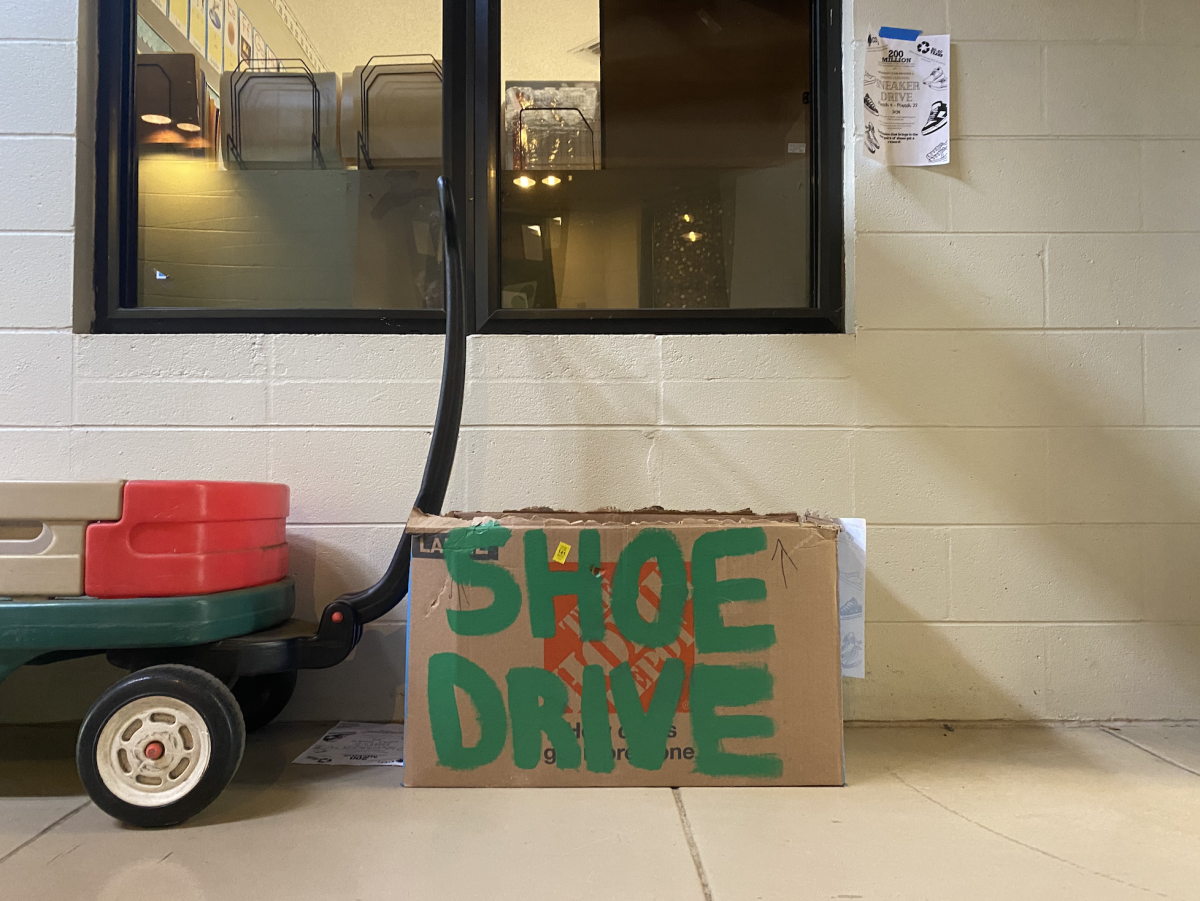
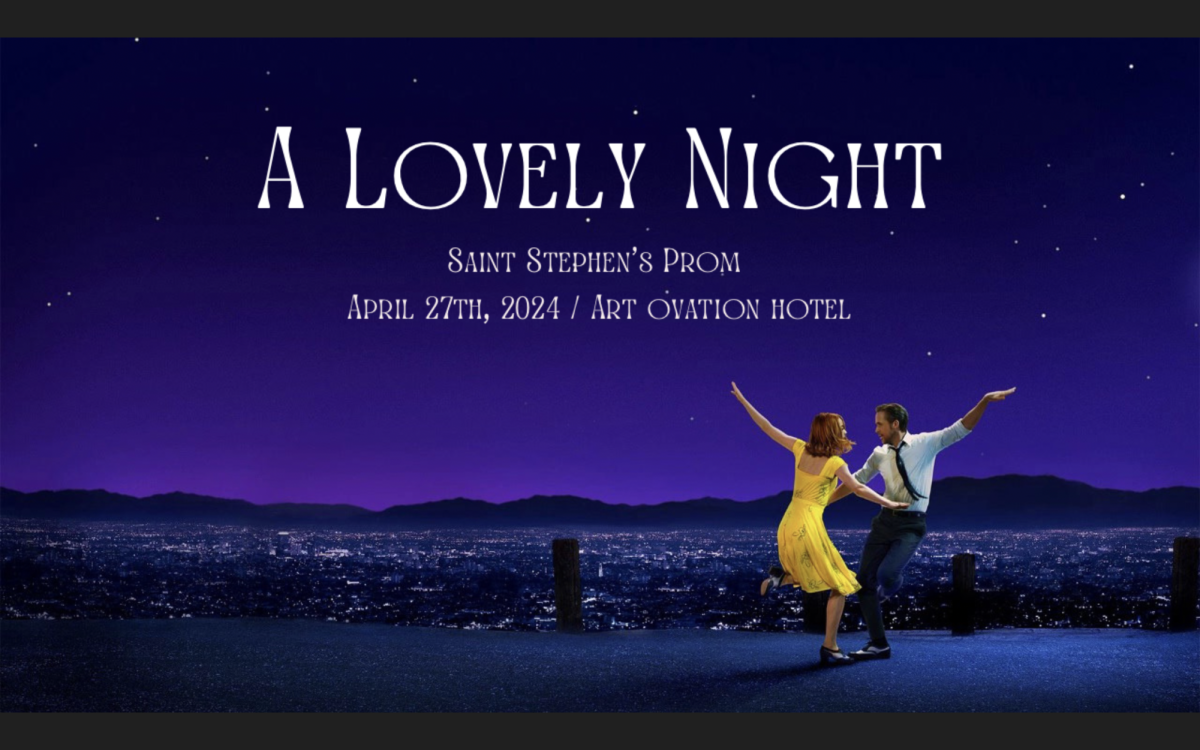

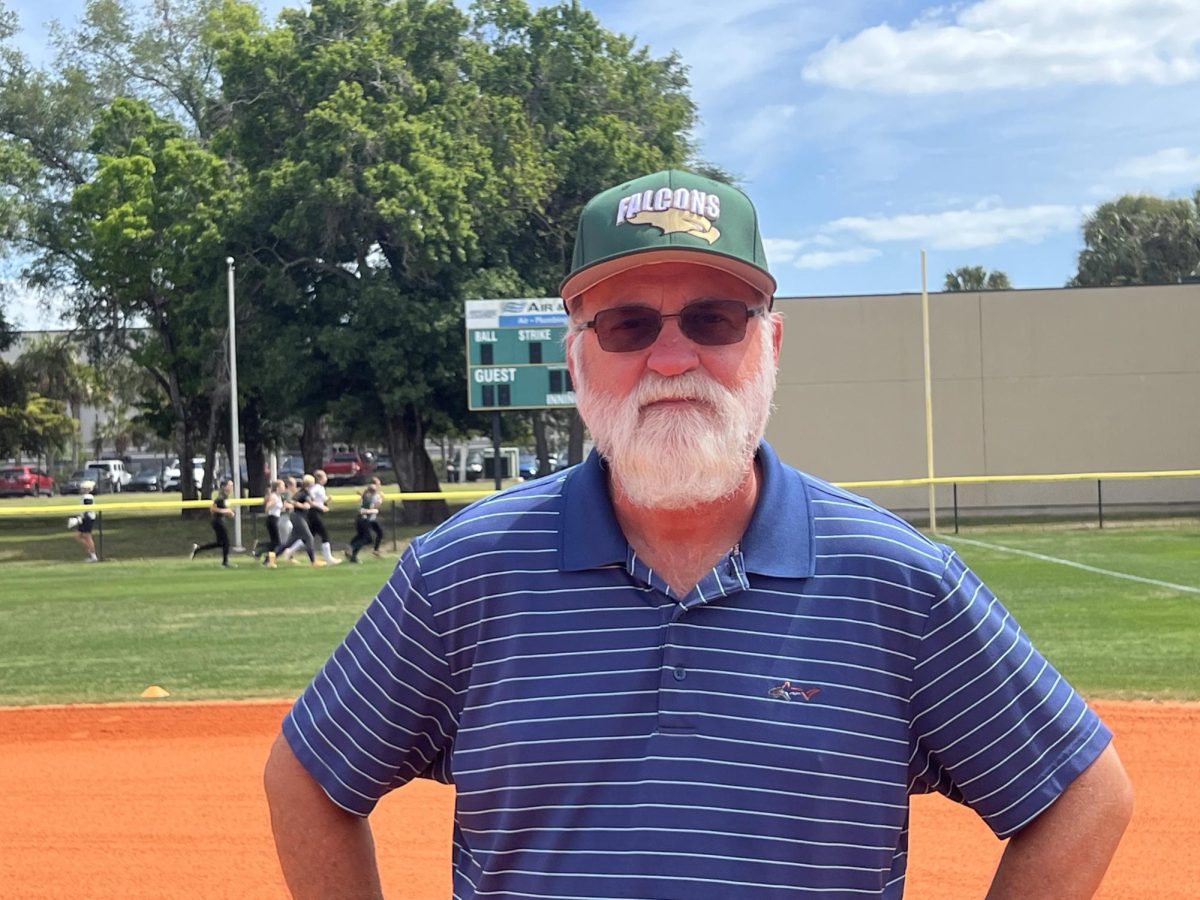
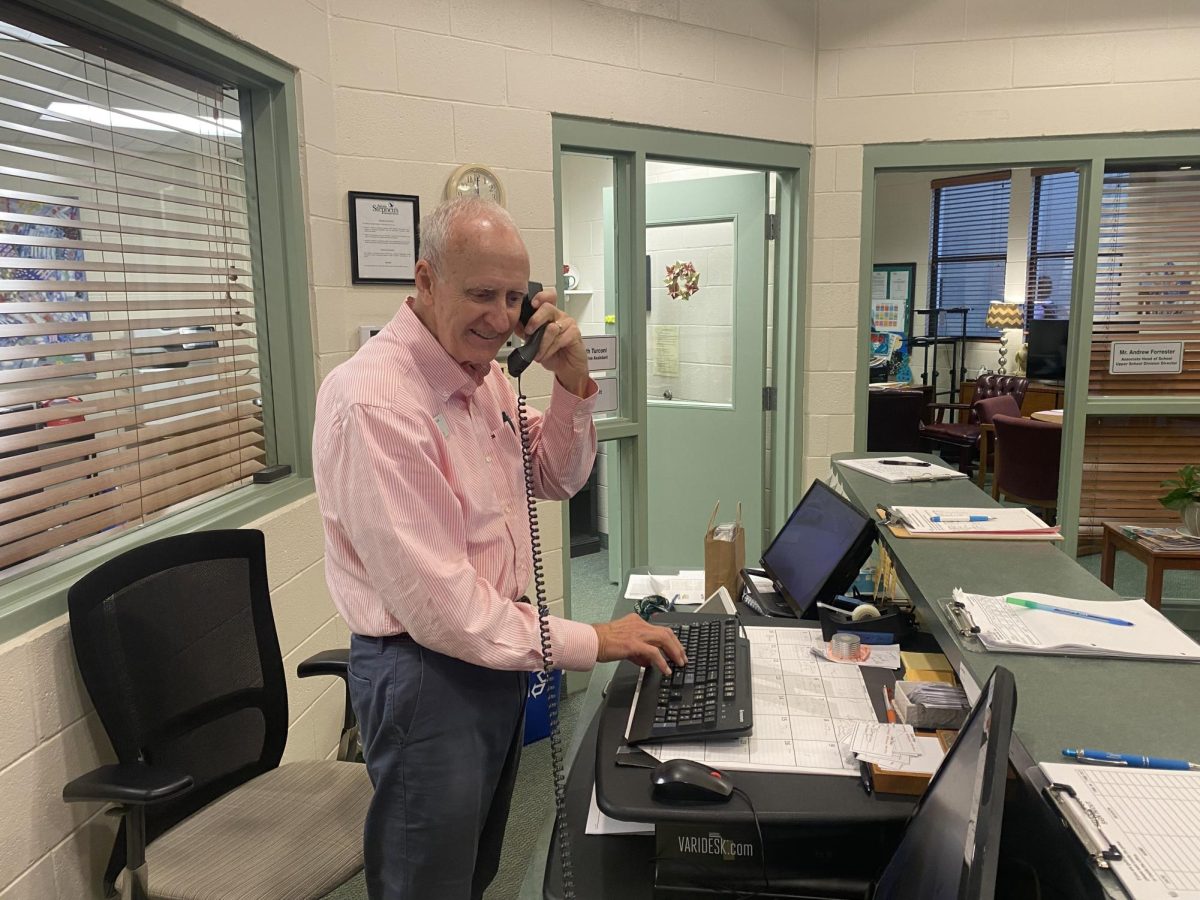
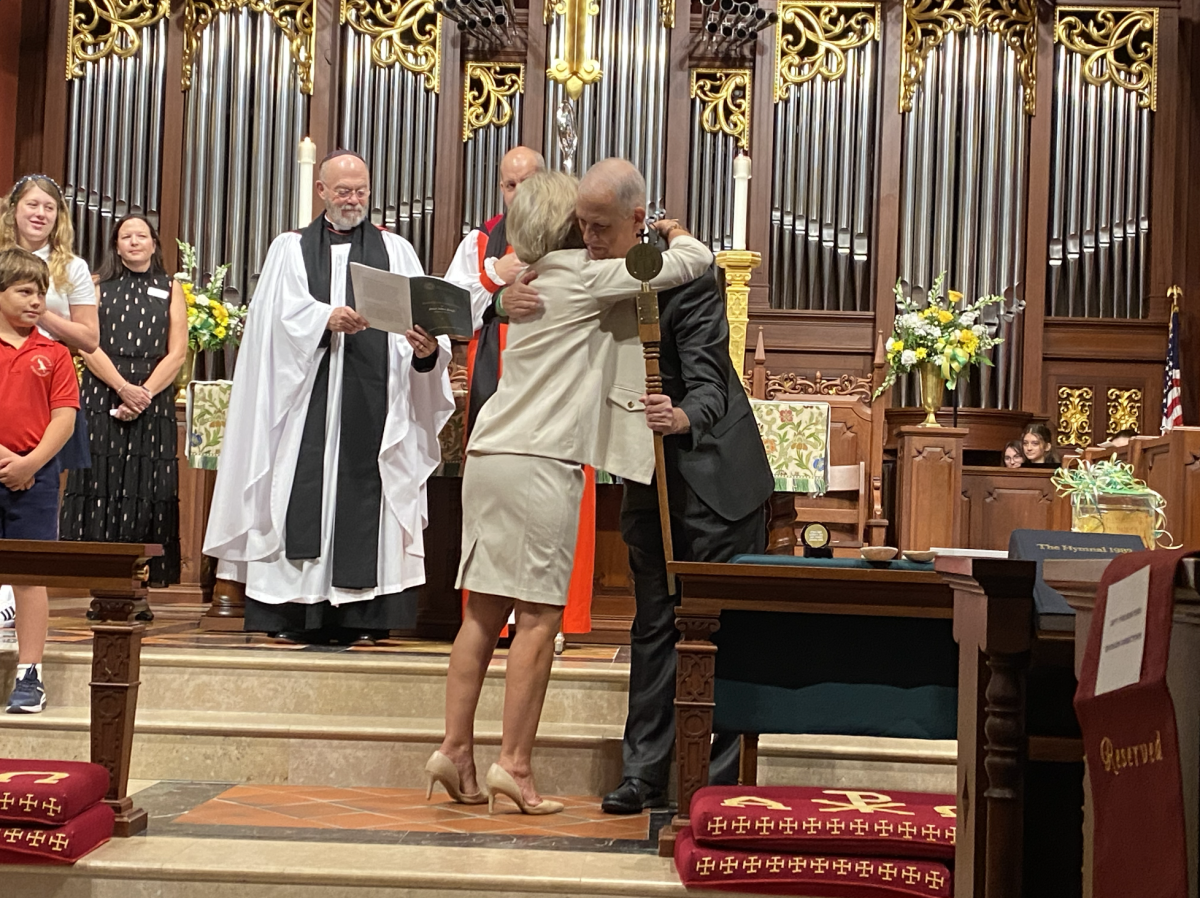
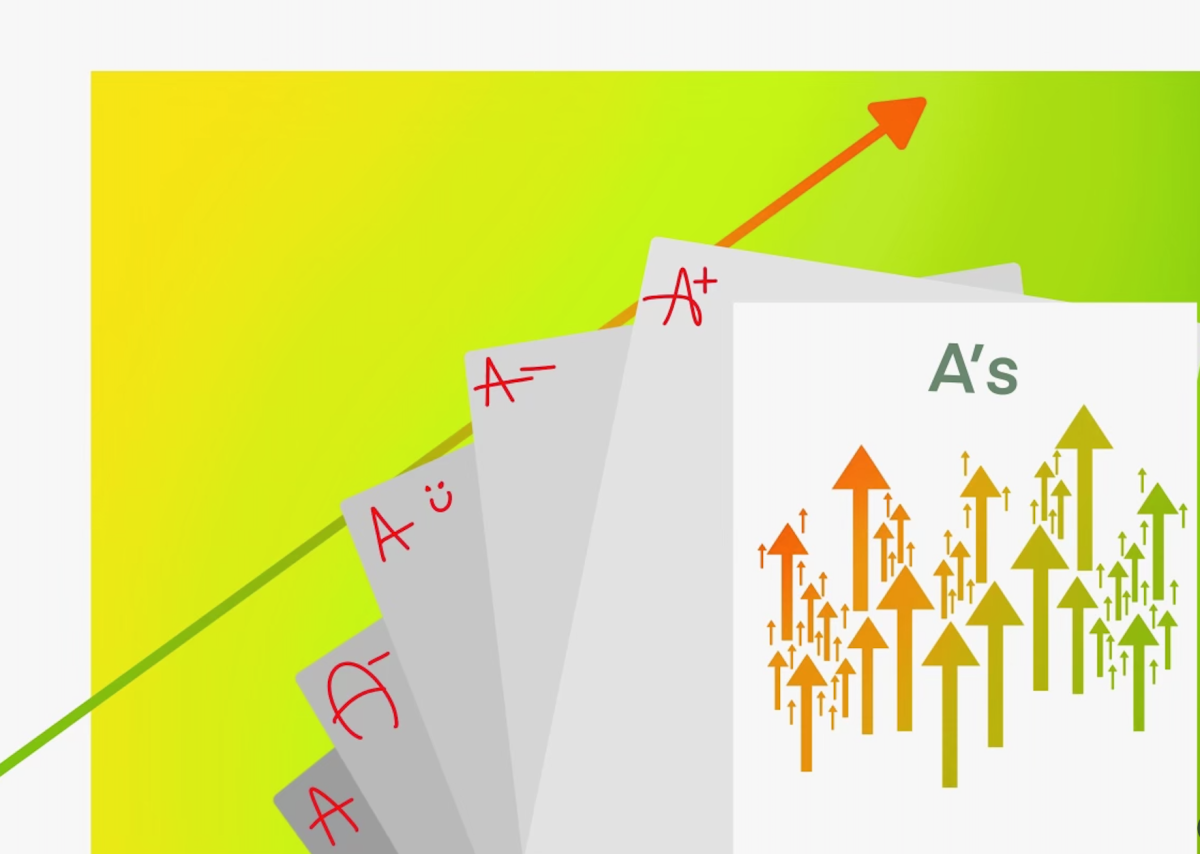


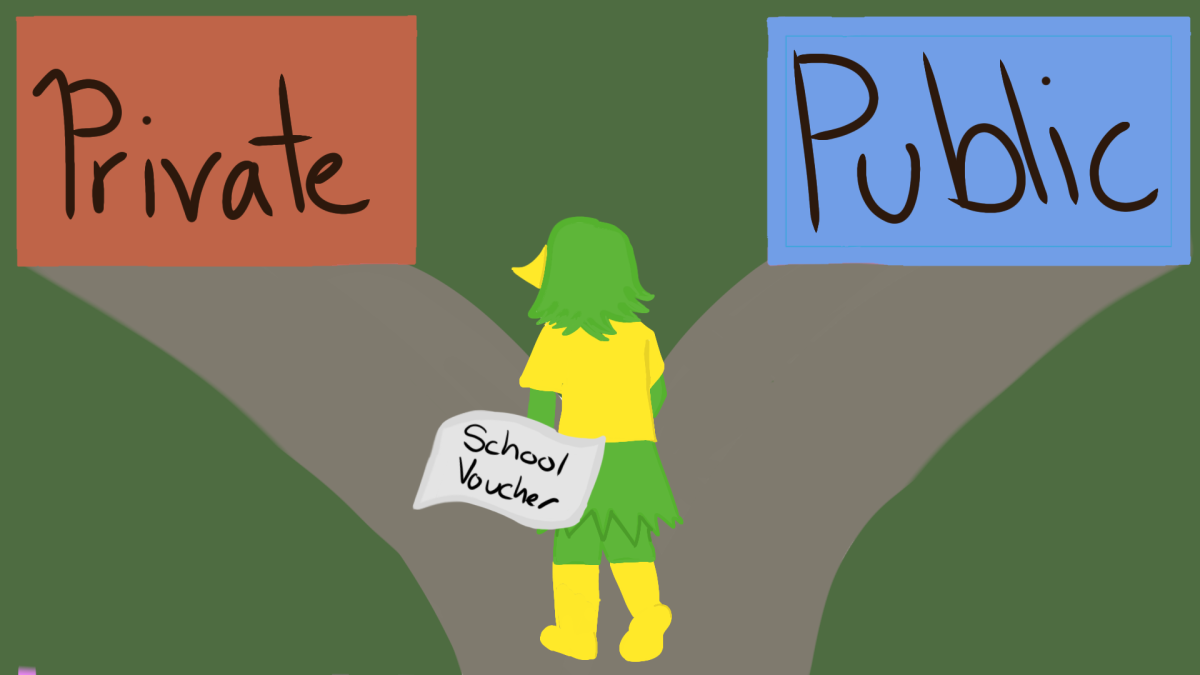

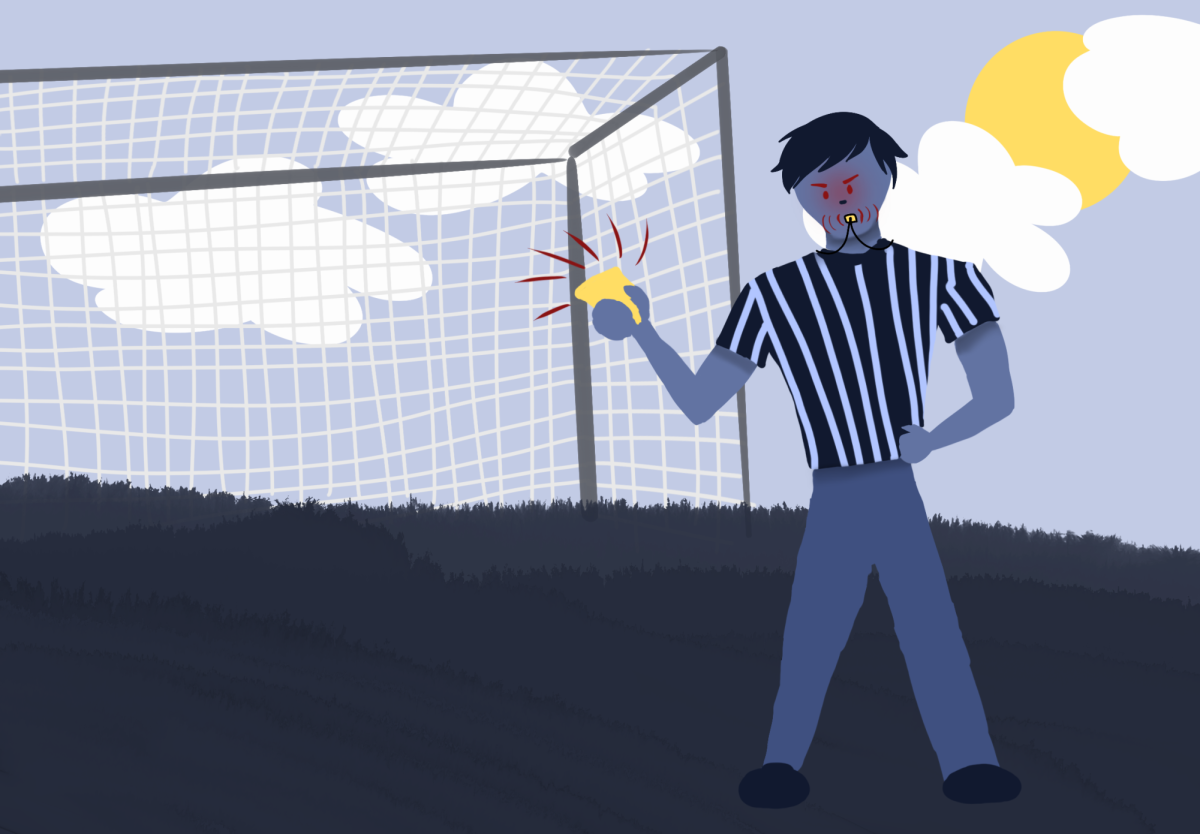




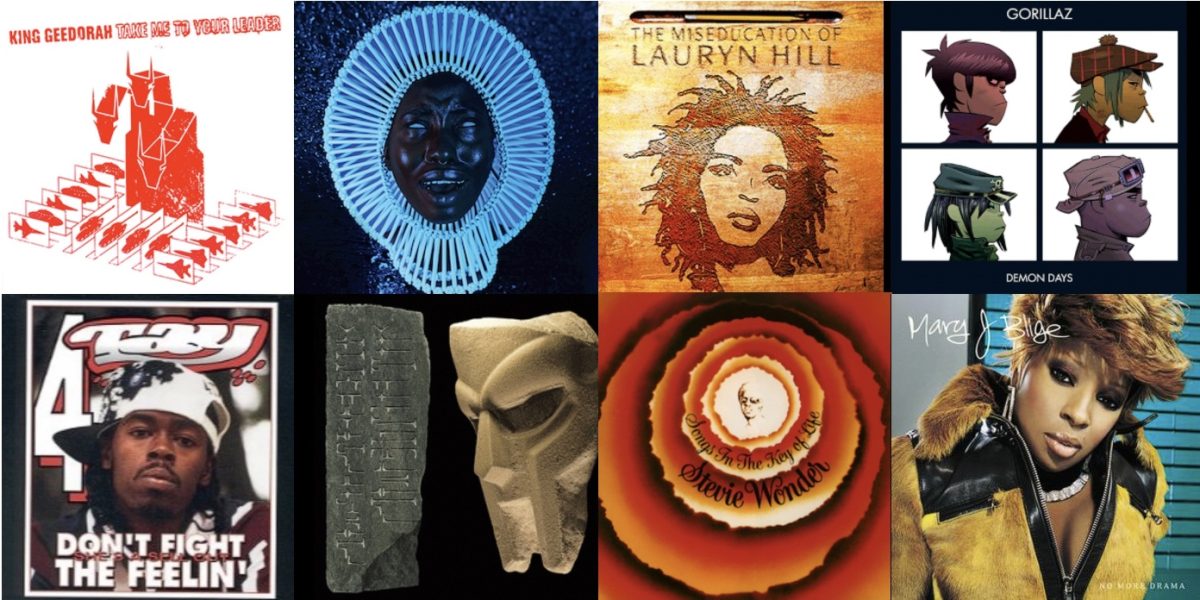














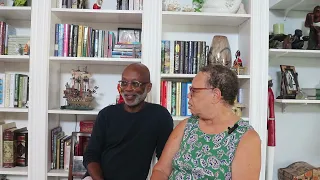



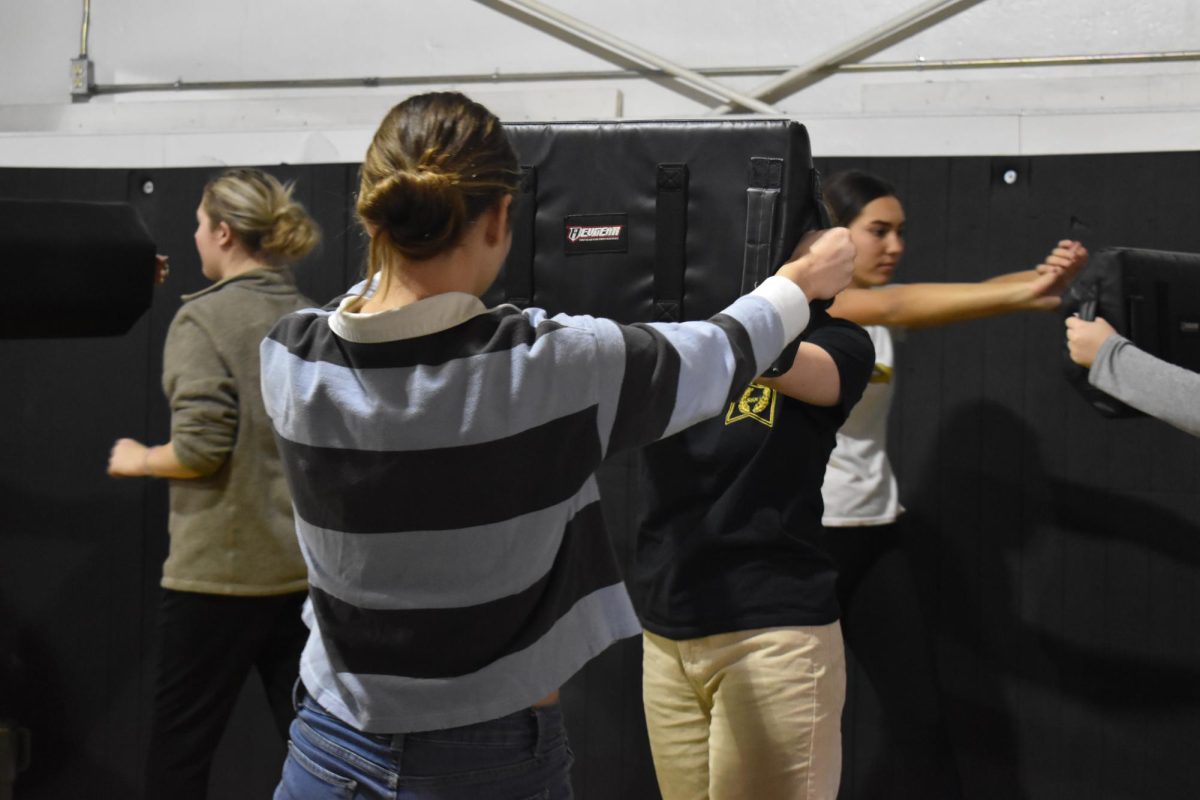

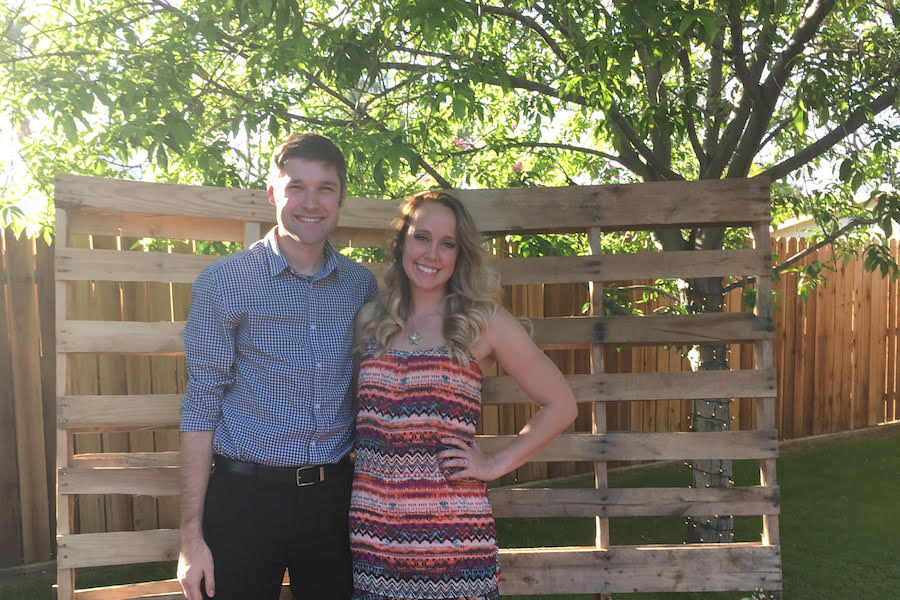

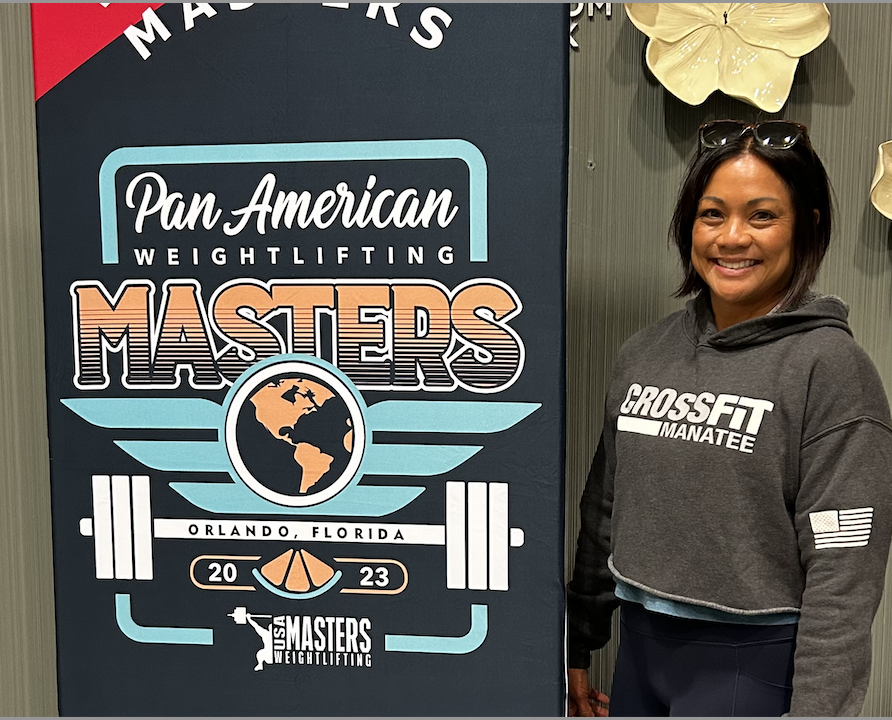

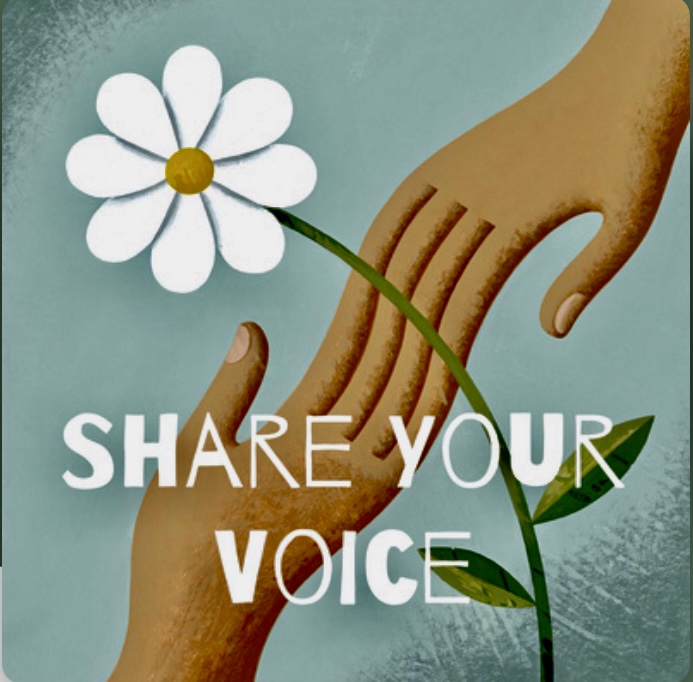




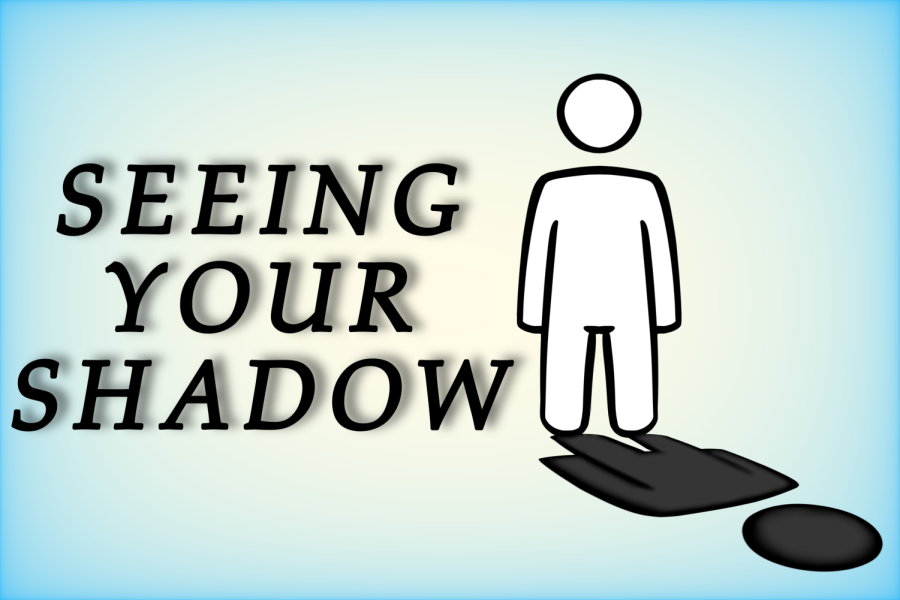







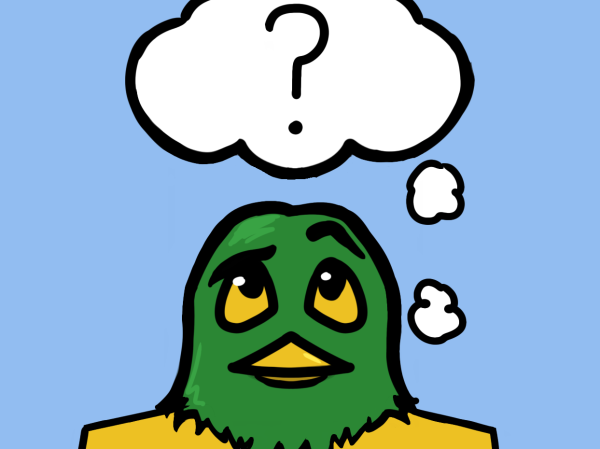



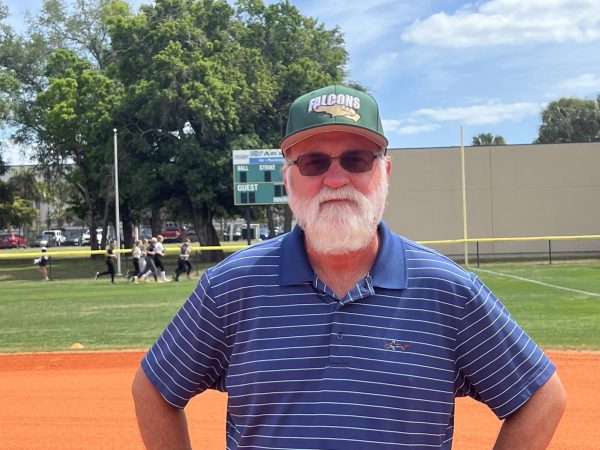
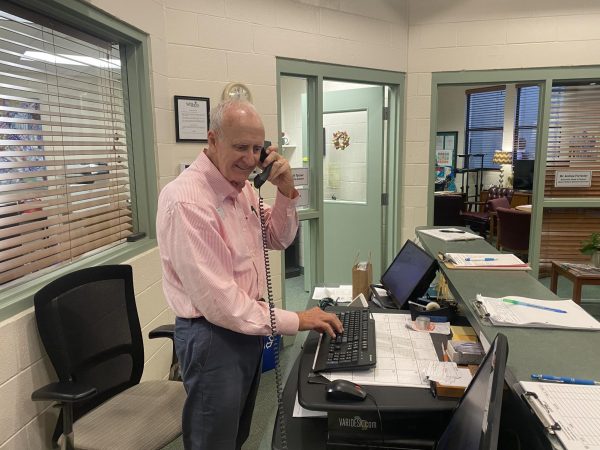
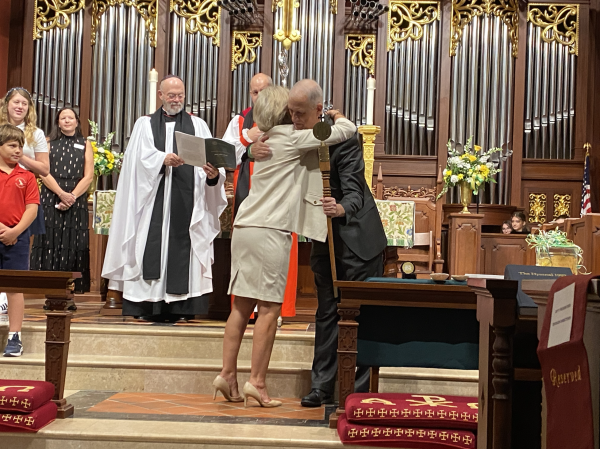
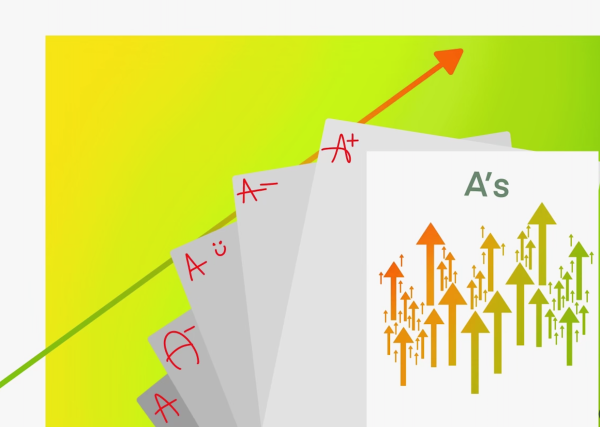

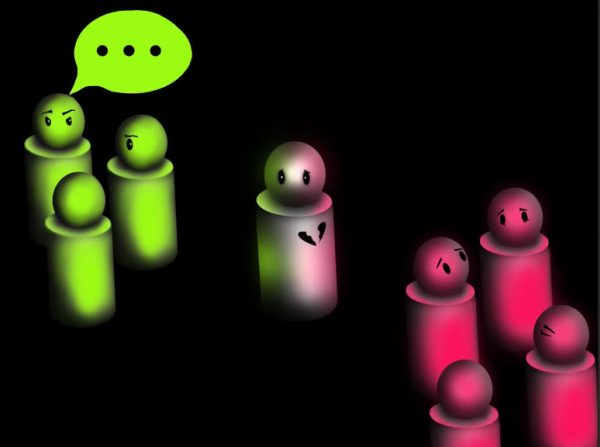
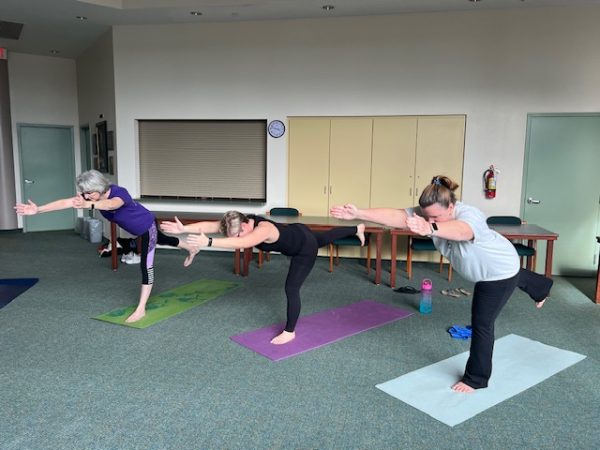
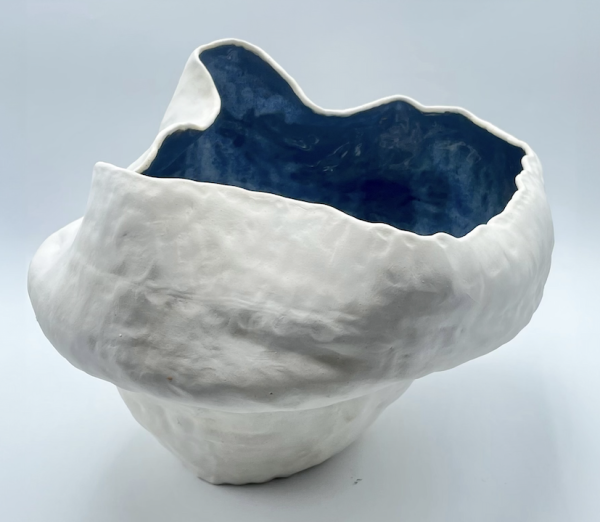


Aloe • Feb 14, 2022 at 9:31 am
I really like this, it’s something rarely talked about, I’ve known my shadow since I was little always drawing her. Others hated her when I draw he and it always felt they hated a part of me.
Samantha Mascera • Jan 12, 2022 at 9:55 pm
Why does this actually hit different though? Now I’m off to go contemplate my life
Meki • Jan 12, 2022 at 9:43 pm
Wow…so touching and meaningful. Please write more things like this. I love your work!